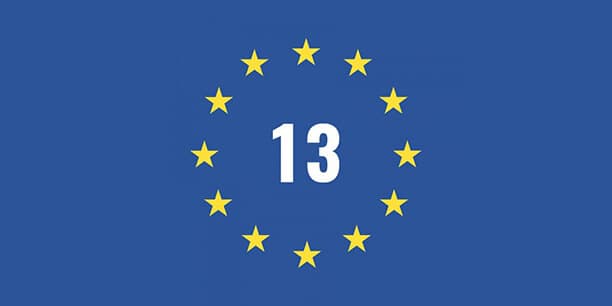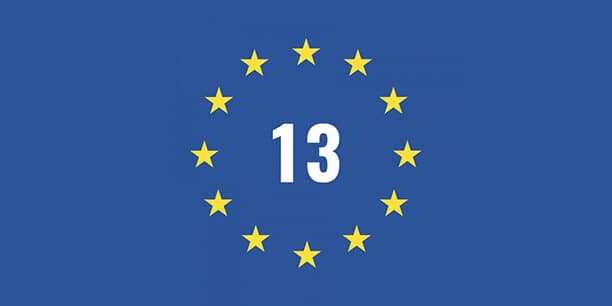Since the EU passed the highly controversial Article 13, a lot of concerns have been raised. Discussions aimed at addressing its likely effect on the internet and its users have been rampant. Most people are complaining about how it will stifle creativity and stem the emerging culture of the internet. The internet might just become something boring and unrecognizable from what it is currently.
What Does Article 13 Mean?
The controversial Article 13 wants the responsibility of ensuring total copyright compliance to rest wholly with the hosting websites. Previously, users were expected to ensure their content did not infringe on anyone’s copyright.
The sites only took action whenever an infringement was reported. This will now change with Article 13. Websites will now be expected to vet every single content as it is being uploaded to it. So, an upload should only go through if the content does not infringe on any existing copyright.
Interestingly, this raises a major concern for sites like YouTube, Facebook and other websites in their class. These websites receive a huge amount of uploads every second. It, therefore, means they MUST develop some kind of filter to automatically handle the vetting process. This is because it will be impossible to physically check each video being uploaded.
Actually, people are not complaining about the need to enforce copyright laws on creative work. The truth is that people are worried about the effectiveness of the vetting process. Will the filters really be able to understand the complicated workings of copyright laws? Truly, the filters will likely not be able to handle this well. Copyright laws and their enforcement can be quite confusing.
How Does this Affect Privacy?
Sadly, not many people are thinking about how this will affect privacy on the internet. According to Ulrich Kelber, this new policy presents a massive data privacy risk. According to him, this proposal will see an increased concentration of data with giants like Google and Facebook.
There’s a simple reason for this. First, developing an algorithm with the required capability will be huge. Secondly, it will be so huge that only these tech giants will be able to develop them. This means they will likely then offer these filters to smaller companies that can’t afford to develop theirs.
This is the same way smaller websites already rely on analytics from Google, Facebook and Amazon. This will end up being another opportunity for these tech giants to consolidate their dominance of the internet.











